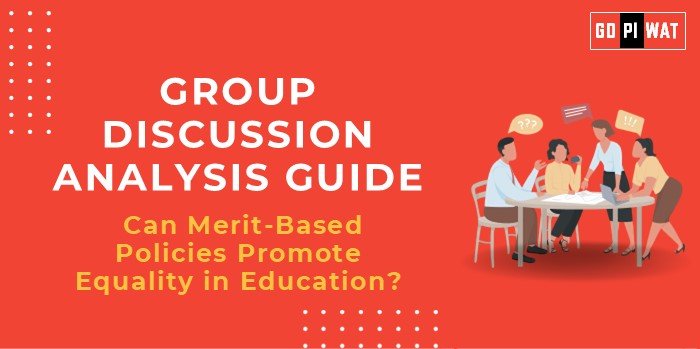📚 Can Merit-Based Policies Promote Equality in Education?
🌍 Introduction to Merit-Based Policies and Equality in Education
Merit-based policies aim to reward academic excellence, offering opportunities for advancement based on individual achievement. While these policies promise fairness, deeply entrenched social and economic inequalities raise questions about their ability to level the educational playing field. Can merit alone ensure equality, or does it require additional foundational support?
📊 Quick Facts and Key Statistics
- 📈 Global Education Inequality: Low-income students are five times less likely to complete higher education than their wealthier peers.
- 🌐 Indian Context: Only 20% of rural students have access to reliable digital learning resources, underscoring significant resource disparities.
- 💰 Affordability Issues: In some regions, education expenses consume up to 40% of household income, limiting access for underprivileged families.
- 🏫 Public vs. Private Outcomes: Students from private schools outperform public school students due to better resources, despite similar potential.
🤝 Stakeholders and Their Roles
- 🏛️ Government Bodies: Define merit criteria and regulate policies to promote educational standards.
- 🏫 Educational Institutions: Implement merit-based policies in admissions and awards while addressing equity concerns.
- 👥 Students and Families: Experience the direct impacts of resource availability and merit criteria.
- 🌍 NGOs and International Organizations: Bridge educational gaps and provide comparative frameworks for equitable practices.
📈 Achievements and Challenges
✅ Achievements
- 🌟 Access to Higher Education: Merit-based scholarships enable high-achieving students from underprivileged backgrounds to pursue higher education.
- 💼 Promotion of Excellence: Encourages academic discipline and drives higher educational standards.
- 📉 Reduced Dependence on Quotas: Merit-based admissions can complement or reduce reliance on caste- or ethnicity-based quotas.
⚠️ Challenges
- 📉 Resource Disparities: Students from low-income backgrounds lack access to quality education and preparatory resources.
- 📋 Systemic Bias: Standardized tests and other merit criteria may favor students with access to tutoring and advanced learning tools.
- 🌎 Global Comparisons: Countries like Finland emphasize strong public education foundations to ensure merit-based progress is fair.
🌎 Case Study
In the United States, the Pell Grant program offers financial aid to low-income students pursuing higher education. While it improves access, disparities in graduation rates between low-income and high-income students highlight that financial support alone cannot overcome foundational inequalities.
🔮 Structured Arguments
- ✅ Supporting Stance: “Merit-based policies reward effort and excellence, creating opportunities for talented students to succeed.”
- ❌ Opposing Stance: “Merit-based systems often reinforce inequalities, as students from privileged backgrounds have greater access to resources.”
- ⚖️ Balanced Perspective: “While merit-based policies foster ambition, they must be paired with resource equity to ensure fairness.”
📄 Conclusion
Merit-based policies have the potential to promote equality in education by rewarding excellence and providing opportunities for high-achieving students. However, addressing foundational disparities in access to resources is crucial. A blended approach that combines merit with need-based support, as demonstrated by global leaders like Finland, can ensure a truly equitable education system.
📄 Source: Group Discussion Analysis Guide, 2024


